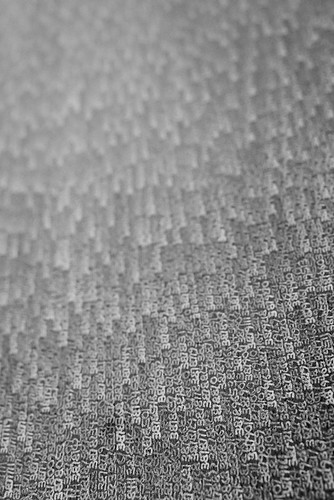The sunset yesterday evening was intense, like the next 2 days of weather will be here in Trinidad and Tobago. The rains beat out their own rhythm, sometimes with the glancing blows of high wind, sometimes not, and in the Northwest of Trinidad it has been… unpredictable.
Before I left for an appointment today, it was raining one way, then another, bamboo nearby was sheared by the wind. I found it exhilarating. I always have enjoyed a good storm, but today it was only a few hours where I live, with a sunset as above. In South Trinidad, though, I imagine it was much worse, with people still having been flooded from past days.
It’s disappointing, really. The same problems keep coming back while the politicians point at each others for local elections. The flooding has been happening more frequently recently, but the Water and Sewage Company of Trinidad and Tobago somehow never seems to have enough water in the reservoir. There’s too many levels of bureaucracy, not enough accountability, and no effective change – but the government of course wants to bring back a property tax based on what someone guesstimates you can rent a property for.
Nature has no time for that.
There is brave talk about electric cars, and hybrids, but the state owned Trinidad and Tobago Electricity Commission has problems with the grid off and on, at least where I am. It’s hard to imagine the grid charging so many cars every night. I’ve heard the batteries for the cars cost sometimes more than the cars themselves to replace sometimes. All in the name of ‘saving the planet’ which will well be here long after we are not.
The reality is that if these islands, among all the other islands, went and did everything right, from renewable energy to carbon footprints, it wouldn’t have much of an effect on the global climate because these nations, while polluting, aren’t the core of it. For their trouble, they import everything they are told to at high costs, but the global situation’s problems are really in the larger nations that export these things to the smaller nations. “This is good for the climate!”
The woman with a hungry child on the corner has more immediate concerns.
Since Trinidad and Tobago refuses to believe it can produce it’s own technology solutions, hampered by the failed attempts by government to innovate. Big businesses thrive, small businesses die, and everyone wants to start a small business. Big businesses largely import things and sell them to people. Small businesses try to make local things. The bias, as it is, is evident.
The batteries for the cars will end up in the local dumps, likely. Poisoning ground water, like old cell phones and computers do. Politicians will vie to be elected while not actually doing anything, and the shell game of government corporations absolves all from blame.
It is, in it’s own right, a beautiful dystopia at certain hours, populated with a majority of good people who do not go out at night as much – partly economics, partly crime. The crime of the young has become more personal, more painful to the victims, symptoms of a deep economic divide that the government regularly excavates. It’s not an economic divide, really. It’s a moat.
It can be depressing to see on a daily basis. At busy intersections, we see women with children holding up signs with lists of what they need. There are too many for most to help. This was once a rich country. What happened?
I look toward the west, toward Venezuela, another nation which was rich – and could still be rich. I deal with Venezuelans fairly frequently, and while some call them a plague, I see the hard working immigrants that build countries given the right tools. This fresh blood could be an asset. There are intelligent people here, talented people, who in a land where titles mean more than merit, find no place here. They dream.
It’s not too much to ask for a better tomorrow, particularly if you’re willing to put in the sweat equity. I see it almost every day, contrasted against BMWs and Range Rovers while police escort Ministers through the traffic they are responsible for.
These contrasts are much like the sunset. At certain times, beautiful. The rains will come again tomorrow, properties will be flooded, government will posture yet again, and we’ll see what the sunset looks like tomorrow.
It is in it’s own way Groundhog day in a nation with no groundhogs.
